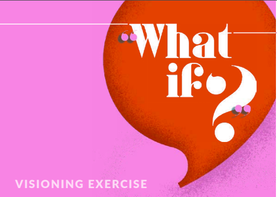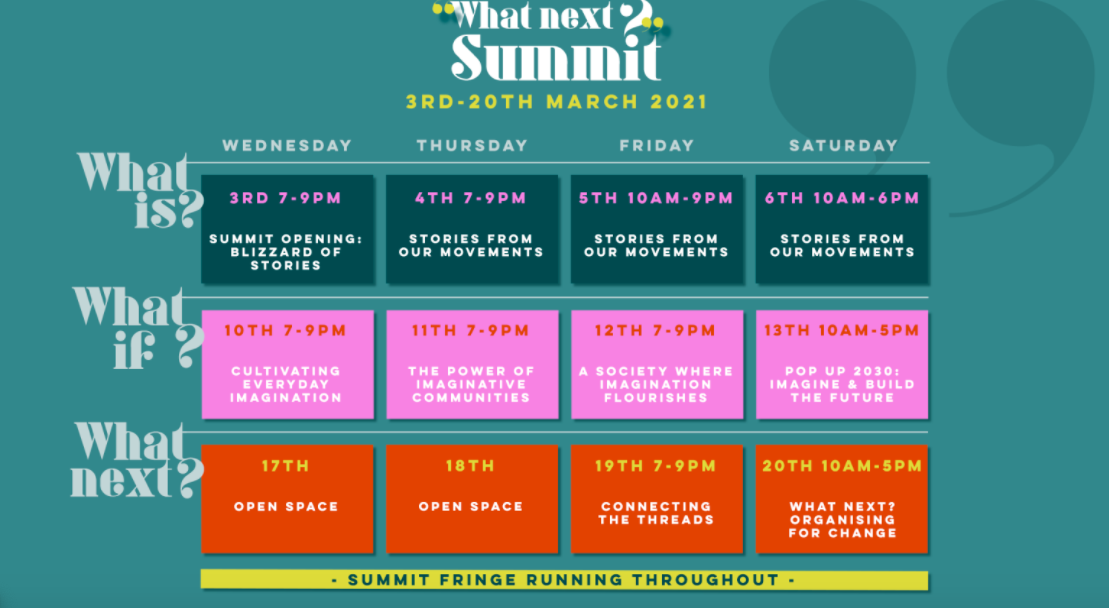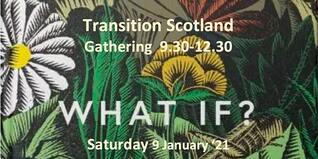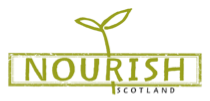|
This website is no longer being maintained.
The Scottish Communities Climate Action Network (SCCAN) now serves as the Transition Scotland Hub. To get involved and to connect with the wider community-led climate action movement in Scotland please visit the SCCAN website: https://www.scottishcommunitiescan.org.uk
0 Comments
The What Next? Summit will take place online March 3rd-20th, and promises to build community power across the UK by bringing together and connecting hundreds of community activists, who are already making change happen. It will be a space to empower us to create our own future, tap into our imagination, make new connections and share knowledge to build a stronger movement. The event is free and co-hosted by Transition Network's Bounce Forward Project and CTRLshift.
Over the course of the three weeks there will be a wide range of events and workshops. From a blizzard of inspiring stories of change happening across the world, to mapping the plethora of community groups and projects already making change happen in the UK. From workshop series on the new economy, participatory democracy and community organising, to inspiring speakers such as Kate Raworth, Suhaiymah Manzoor-Khan and Carne Ross helping us explore how the power of imagination can transform our current practice. There will be a whole day to imagine and co-create our ideal UK in our ‘Pop up 2030’ event, as well as finishing the Summit with a weekend of practically planning next steps and ways to work together more effectively as a movement over the coming months and years. There will also be a Summit Fringe throughout the whole conference to enable you to connect and chat with other participants and host your own conversations and events. This will all be taking place on an exciting new Nudj platform, where you can find the live events calendar, connect with other summit participants and explore existing and new ways to work together. Register for free to sign up for the summit and events here.  The Covid-19 pandemic is exacerbating and making more visible the deep inequalities within our society. Transition Network’s ‘Bounce Forward’ project is all about asking what needs to change so that the recovery from this crisis becomes an opportunity for everyone to thrive at the same time as we face up to the climate and nature emergencies. As part of this, a What if? Visioning exercise has been developed. Here Philip Revell shares his reflections from using the exercise in Sustaining Dunbar. Transition Network’s ‘What if Visioning’ exercise provides a structured, three stage (what is, what if, what next) process that enables groups to work together to visualise and discuss the changes we want to see. Maria skilfully led us through some of these exercises as part of the Transition Scotland Gathering on January 9th. I was surprised how well this worked in the short time available. Here in Dunbar, I have been trying out the same format with some of the members of Sustaining Dunbar over the past few weeks -but with an altogether much more spacious process spread over four, online, 90-minute, evening workshops. In these rapidly changing times, we thought it would be interesting to hear what is happening across Transition groups in Scotland, what challenges and opportunities they are facing, what has collapsed and what has emerged, and what potential they see for the future. Below is a summary of interviews conducted with 7 different Transition groups in October 2020, giving a snapshot, rather than a comprehensive overview, of the state of Transition in Scotland.
Do the interviews resonate with your experience, or do you have a different perspective? Join the Transition Scotland online gathering to discuss more, on January 9th, 9.30-12.30, on zoom. Sign up at https://ts9jan.eventbrite.co.uk. What is happening locally? As could be expected from groups set in different contexts across Scotland, they had vastly different stories of what has been happening locally. Some groups who had funding have continued to thrive despite Covid-19 and ensuing lockdowns, being able to channel resources and paid staff time into running online workshops, as well as urgent and rapidly budding community projects, such as redistributing supermarket waste food to food banks. The availability of experienced staff with time, resources, and community networks at their hands proved invaluable to respond to the sudden change in need from community projects. Other groups have seen an increase in the so-called “Doughnut Effect”, where energy gravitates away from the core to specific practical projects, who take on a life of their own and the Transition group is left without a core strategic vision or coordination. With lockdown and furlough, an increase in interest in volunteering and getting outside to “get your hands dirty” seems to have encouraged this trend. This has even led to some Transition groups discontinuing or deciding simply to merge their still functioning practical projects with other organisations. Others still have managed to embrace this time for reflection, increased strategic thinking and collaboration. A sudden surge in demand for local food and veg boxes led to one group realising the lack of local food growers and food growing land, leading to the organisation of the Highland Good Food Conversation. Others have, inspired by the recent Bounce Forward project, started their own local What if-network. Moving on from a year of unprecedented change and challenges, what learning and inspiration can we take forward to ensure that Transition is vibrant, vital, and viable in the unpredictable year ahead? Here are some of our top pieces and webinars from Transition Network’s Bounce Forward project. Bounce Forward is exploring how the UK can, in true Transition spirit, use the power of imagination, community action, and resilience to bounce forward, rather than back, from the covid-19 pandemic, and the vulnerability and inequalities it has exposed. Are you curious to explore how Transition is evolving in a Scotland specific context, and how we can locally and regionally ‘bounce forward’? Join the Transition Scotland online gathering on January 9th, 9.30-12.30, on zoom. Sign up at https://ts9jan.eventbrite.co.uk. What is the context for the next 5 years of Transition?
Kevin Anderson (Tyndall Centre), Nick Anim (TT Brixton) and Eva Schonveld (Transition Scotland Hub) explore how best to be in service to the scale of ambition the climate emergency demands of us, the urgency of demands for racial and social justice, as well as the need to ensure individuals and groups have the emotional and collective resilience for times that will be turbulent, fast-moving, and always surprising? Interesting insights and provocative discussion. Chaired by Rob Hopkins of Transition Network. Green, But Mostly White. Why? Transition member Nick Anim presents his research on how racism impacts our work within the UK Transition movement. Ethnicity is widely acknowledged to be an important determinant in the harmful impacts of climate and ecological crises in space and time. Yet, many environmental groups and organisations in multicultural societies of Western countries, such as the UK, struggle with having a diverse membership. Why? How can prominent environmental movements and organisations address this long-standing problem? A much needed discussion. A further reading list is available here. The Power of Asking Good What If Questions Inspired by Rob Hopkins’ latest book From What Is to What If: Unleashing the Power of Imagination to Create the Future We Want, Rob Hopkins and guests Ruth Ben-Tovim, Megan O’Malley and Phil Frodsham explore what it is that makes a really good What If question to create the best vision for your community. Plenty of practical ideas for you to apply in your own community setting, especially if you are looking for something to re-energise and re-motivate your group/organisation. Thinking big and building networks to mobilise communities to rethink the future Representatives from Transition Kentish Town, Transition New Mills and Transition Ealing share how they are finding new and unexpected openings to work with their local councils in response to declarations of climate emergencies. Listen out for tales of empty cafes transformed into community hubs for the imagination, community ‘What Next’ imagining events, and ambitious plans for decarbonisation by 2030. Inspiration abounds! Chaired by Hilary Jennings of Transition Town Tooting. See all the resources, webinars, and interesting ideas coming out of Bounce Forward at https://transition-bounceforward.org/. The project will culminate in a What Next? Summit from March 3rd-20th 2021 - not to be missed! |
DonateLink to follow... please use the contact form in the interim. Blog Categories
All
Copyright © 2020 Transition Scotland, All Rights Reserved Associated Links
|








